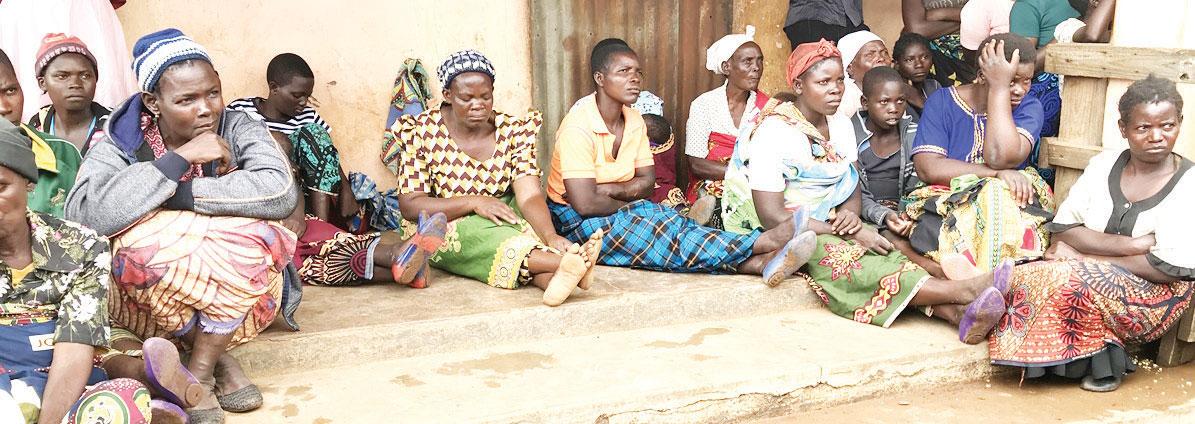Africa-Press – Malawi. The Office of the President and Cabinet (OPC) has asked government ministries, departments and agencies (MDAs) to release official trucks and station wagons to help with the distribution of fertiliser under the Affordable Inputs Programme (AIP).
A letter signed by OPC Principal Secretary for Administration Dickson Chunda is requesting the MDAs to send the vehicles to Smallholder Farmers Fertiliser Revolving Fund of Malawi (SFFRFM) Central, Southern and Northern region offices.
OPC admits that SFFRFM has been faced with logistical challenges to get fertiliser to the designated selling points. “The exercise has faced logistical challenges in terms of availability of adequate lorries to ferry the fertiliser from SFFRFM warehouses to the various selling points.
“In this regard, government would like to request MDAs to support the exercise by providing lorries and twin cabs/station wagons to SFFRFM,” reads the letter addressed to all controlling officers, heads of department and public agencies, parastatal and council chief executive officers and district commissioners.
Chunga has, in the letter, pleaded with the MDAs to respond positively to the request on the premise that the farming season has advanced. The request by OPC to the MDAs has come at a time the Office of the Ombudsman has highlighted that SFFRFM does not have the capacity to successfully implement AIP.
In her report on the programme, Ombudsman Grace Malera cited the deployment of one officer to each of the 195 selling points, where he/she is expected to operate four mobile phones as something that would lead to inefficiencies and underserving of beneficiaries.
But in his update on the programme two days ago, Minister of Agriculture Sam Kawale indicated that 256 extra clerks had been recruited and dispatched across the country to beef up staff.
He also announced that each constituency has been assigned four to five mobile vending sites to expedite fertiliser distribution. “Three hundred trucks have been added to assist in ferrying fertiliser across the country. More are coming,” Kawale said.
Meanwhile, there are reports that some 31,000 metric tonnes of fertiliser were still stuck at Beira Port in Mozambique. A source, who said he had visited the port to oversee the transportation of Urea fertiliser, claimed that a consignment arrived at the port in October and was cleared and moved into a warehouse where packaging and loading onto trucks was done.
The source said only 9,000 metric tonnes were ferried to Malawi that time. According to the source, there were some logistical differences between the government and a broker who refused to release “many vehicles to transport the fertiliser”. But Kawale dismissed the claims, saying no fertiliser was stuck at the port in the former Portuguese colony.
“As you may recall, I was in Beira where we physically saw the fertiliser. As you have also pointed out, it is coming. At first, the process was slow but it has picked up now and we expect to have all the fertiliser in the country as soon as possible,” the minister said.
Several AIP beneficiaries across the country have complained about failing to access fertiliser because it is coming to selling points in low quantities. Some of them that we talked to in Lilongwe said they were spending weeks at selling points waiting for the commodity.
In other areas like Phalombe, a beneficiary said maize crops in her field had grown past the stage where they can be supplied with the first batch of fertiliser.
Commenting on the challenges rocking this growing season’s AIP, the Farmers Union of Malawi (FUM) has faulted government for singling out SFFRFM for the implementation of the programme.
FUM president Manesi Nkhata told the media last week: “The programme has faced several hiccups from the start. Reaching this far, the government could have resolved these problems to ensure farmers quickly access the inputs.” In the 2022-23 national budget, AIP was allocated K109.4 billion and the programme is expected to benefit 2.5 million farming households.
For More News And Analysis About Malawi Follow Africa-Press






